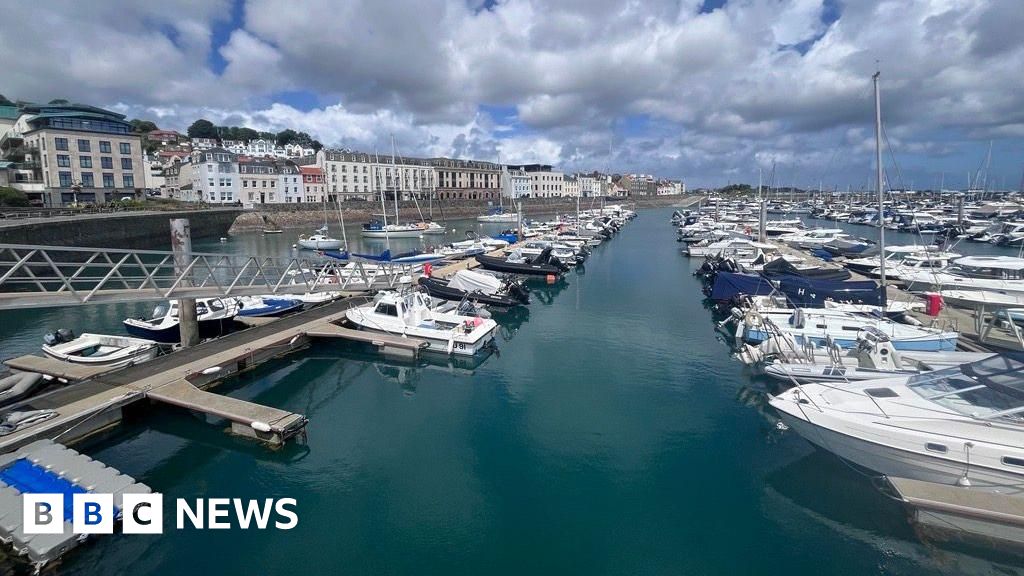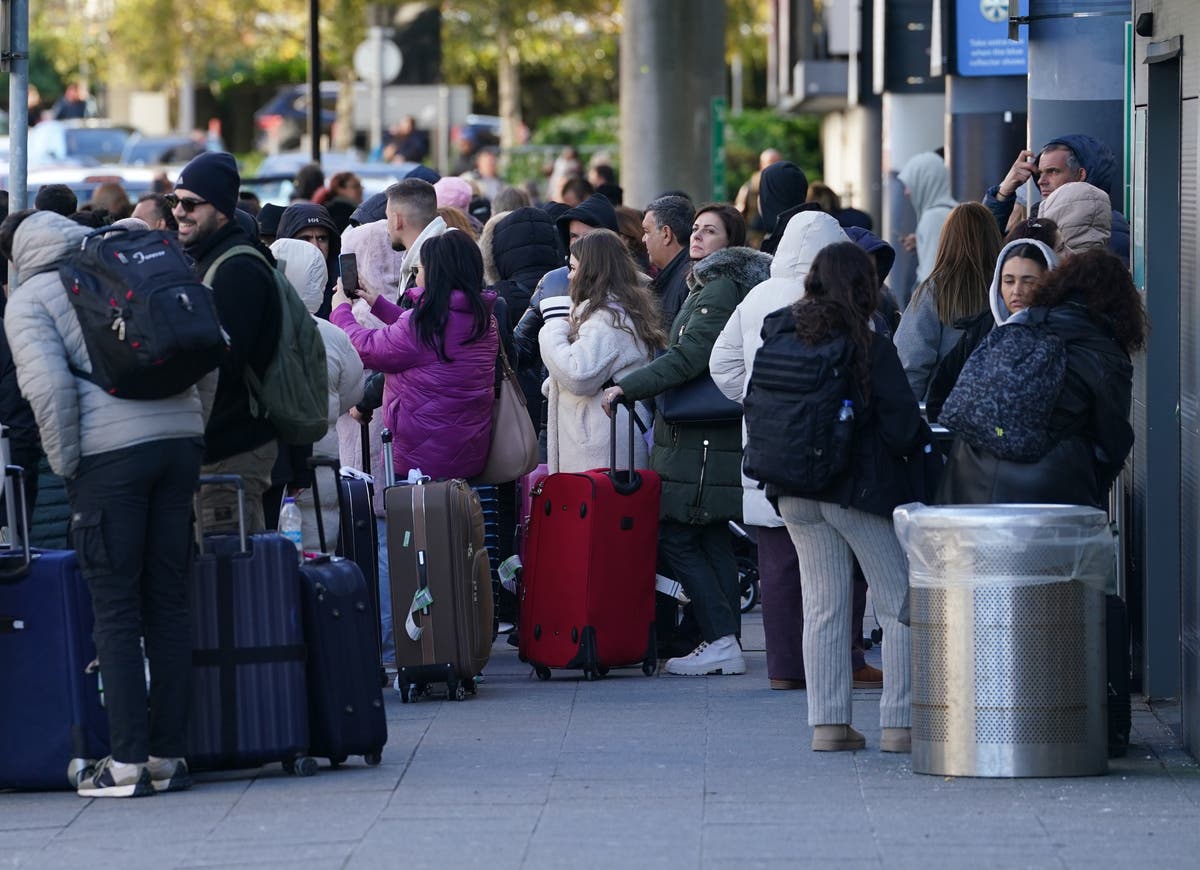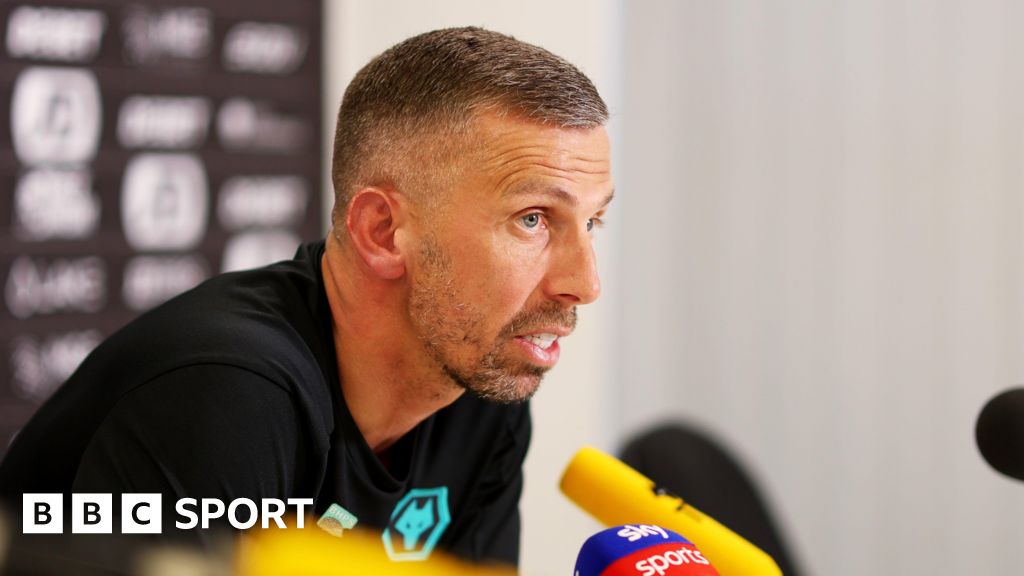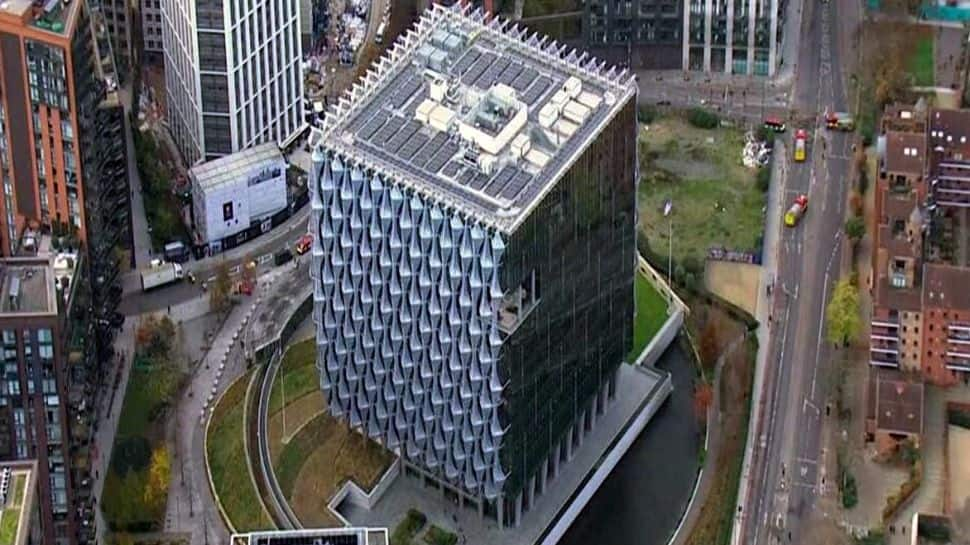Travel
London’s new tram-like electric buses have been rolled out

New electric buses charged by pantographs have been rolled out on one of London’s longest bus routes.
The fleet of 20 buses are being recharged at each end of the 15-mile route 358 between Crystal Palace and Orpington in the south-east of the capital.
The pantographs are arm-like structures which attach to a bus roof and provide high-powered charging in as little as six minutes.
That means the vehicles do not need to return to garages to recharge, reducing the fleet size required to serve the route.
The buses have a striking design with similar characteristics to a tram.
Transport for London (TfL) said they also have a “safer” front and features such as speed limits, audible warnings to alert pedestrians and other road users to the movements of the bus, and cameras and monitors instead of mirrors for the driver.
Spanish company Irizar has supplied 20 of the buses and the two pantograph chargers.
Pantograph technology was first introduced to London’s bus network in 2022 with testing at Bexleyheath garage.
More than 1,700 zero-emission buses are now in service in London.
Lorna Murphy, director of buses at TfL, said: “Installing new rapid-charging pantograph infrastructure on one of London’s longest bus routes is an innovative step forward, helping us to run cleaner, greener services that get Londoners where they need to be.
“Working with partners across a range of different sectors on this project, we are showcasing how the broader shift to net zero can be achieved.
“The move to increase the number of zero-emission buses on the capital’s streets is a key part of the Mayor’s goal to make London a zero-carbon city.”
Tom Joyner, managing director of Go-Ahead London which operates the buses, said: “I am incredibly proud of the strides we’ve made this year in our journey toward a zero-emission future.
“Go-Ahead London is leading the way in driving the transition to zero-emission buses, with 636 electric vehicles now operating across our network.”










